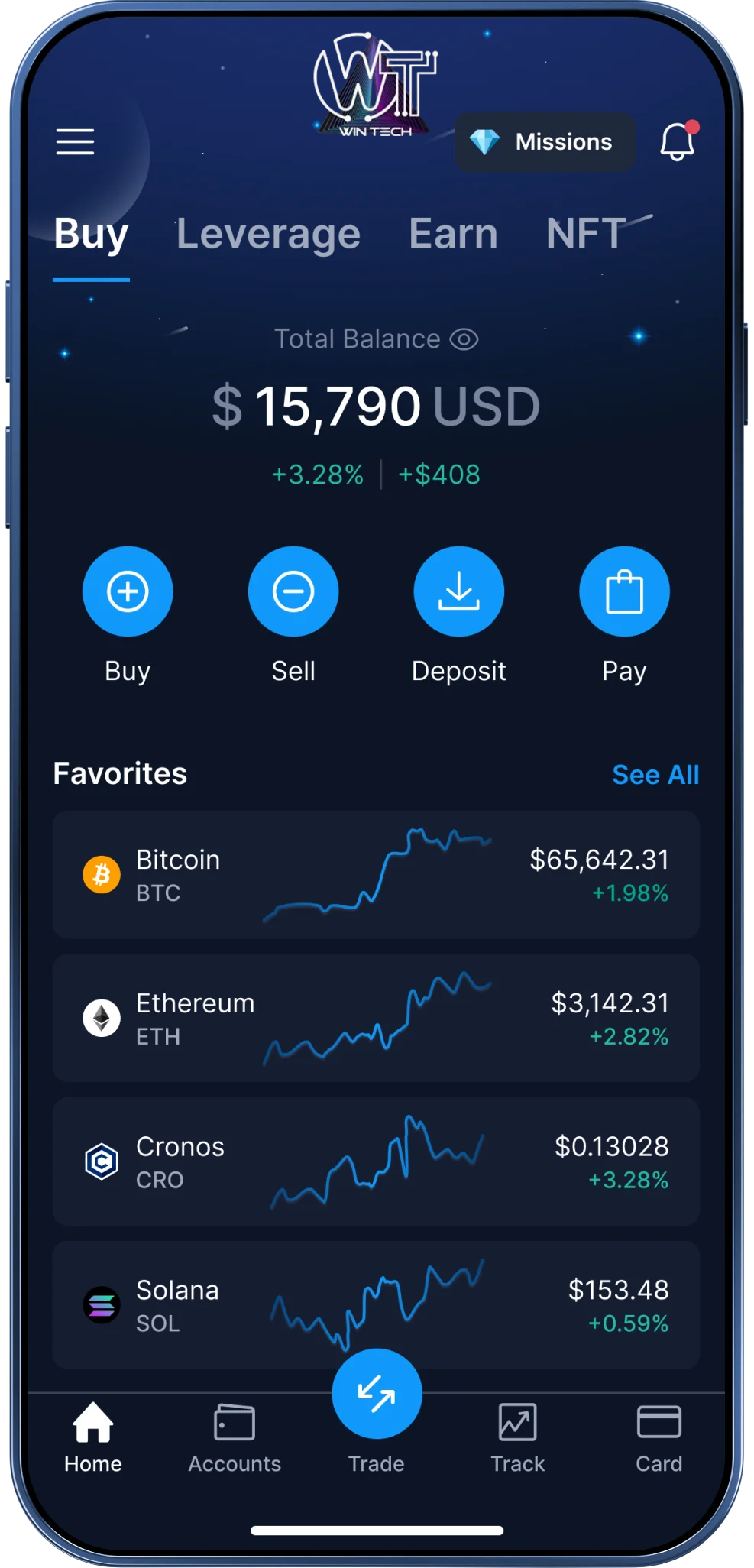
Cryptocurrency is a digital currency secured by cryptography. It enables secure and decentralized transactions over the blockchain.
Bitcoin is the first and most popular cryptocurrency. It operates on a decentralized ledger called blockchain where every transaction is verified.
Crypto allows fast, global transactions with low fees. It also promotes financial inclusion and can serve as a hedge against inflation.
Decentralized & Trustless: No need to trust a third party — the network does the verification.
Global Transactions: Send and receive funds anywhere, anytime.
Lower Fees: Avoid high banking charges and international transaction costs.
Transparency & Security: All transactions are recorded on the public blockchain.
Ownership: You are your own bank — your keys, your coins.
Contect
Secure your future with the world’s leading cryptocurrency.
High Return on Investment: Bitcoin has historically offered massive returns to early investors.
Decentralized System: Bitcoin is not controlled by any government or financial institution.
Low Transaction Fees: Compared to bank transfers and international remittances, Bitcoin offers faster and cheaper transactions — ideal for cross-border payments.
Hedge Against Inflation: Bitcoin has a fixed supply of 21 million coins, making it a scarce digital asset.
Global Accessibility: Anyone with a smartphone and internet connection can use Bitcoin — no need for a traditional bank account.

High Price Volatility: Bitcoin prices can swing wildly in a short time.
No Refunds or Reversals: If you send Bitcoin to the wrong address or fall victim to a scam, there’s no way to reverse the transaction. Bitcoin transactions are final.
Lower Fees: Avoid high banking charges and international transaction costs.
Lack of Regulation: Many countries still don’t have clear laws regarding cryptocurrency.
Security Threats and Scams: If you use unsafe wallets or trust fake platforms, your Bitcoin can be stolen or hacked.